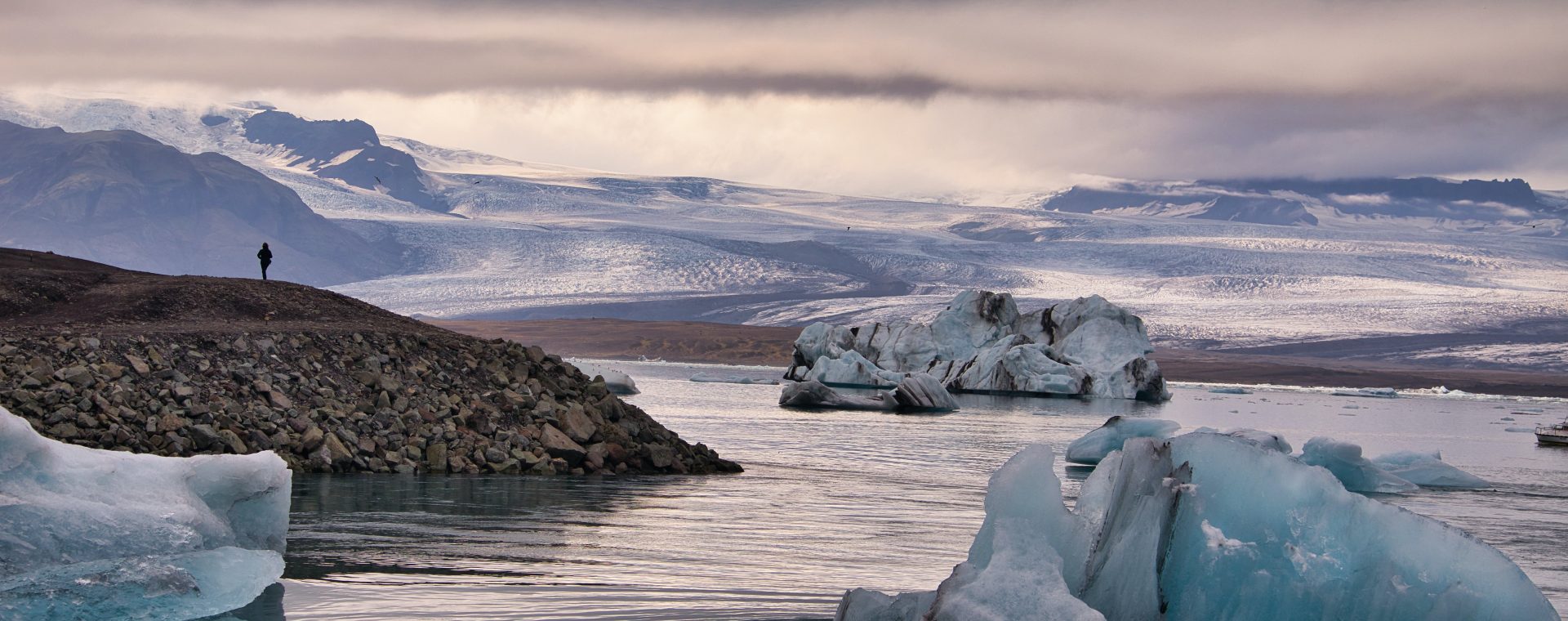
This is a reflective essay written as part of the WISE Emerging Leaders program.
My fingers slowly press on the warming keyboard. It is now 40 degrees celcius in my North of France hometown. It is the first time in my life that this region, known as one the coldest in the country, has reached such scorching temperatures. No one can ignore climate change anymore: we are all facing it today, with increasingly dramatic consequences.
We already know what it takes to avoid a catastrophe. The Intergovernmental Panel on Climate Change’s guidelines are clear: we must drastically reduce our meat consumption, rethink our ways of traveling, be more energy efficient and encourage overall sobriety.
While those changes may sound like a considerable restriction on our comfort and standards of living, we often ignore how much this crisis is also the opportunity to define the future we desire.
As per the words of J.Roblat, “The future belongs to those who can see it”. Climate change is a given. But we can yet decide which road it should lead us to.
My vision of a desirable future includes: promoting a world where collaboration is valued over competition, starting from a young age ; where this collaboration is not understood as merely between human beings but between all beings; and where sustainability is paramount to any dream of the future.
That vision can sound idealistic and far-fetched. Fortunately, there is a sector of all human societies whose role is precisely to prepare for a better future: education.
In this regard, actors of education have the collective power to weave the world of tomorrow. The skills we decide to focus on, the communities we decide to serve, the learning modalities we offer all shape the future.
Each education actor, whether working with young children, teenagers or even adults, has a crucial role to play.
I work at OpenClassrooms, an EdTech mission-driven company which offers free-courses and job-training programs for underserved communities.
OpenClassrooms has already made significant steps towards sustainability. We started measuring our carbon emissions and publically shared the results in our 2022 Mission Report. Our aim is to reduce this number by developing sober, innovative online learning solutions.
We also promote best sustainable practices in some of our key courses, for instance in the ‘Green IT’ course and in the new course on ecological transition we just published this month.
But as an educational institution, I still believe there is more we can do. Here are 3 concrete actions that could make a difference.
1. Consider ‘green skills’ as future-proof skills
OpenClassrooms’s ambition is to help all learners make progress in their careers. We focus on the most in-demand skills on today’s job market. But what if, instead, we began to anticipate and promote future-proof jobs in industries such as agriculture, farming, and energy? These sectors are increasingly essential and must urgently be reinvented. By offering training programs for these jobs, we would partake in building the green workforce needed to face the environmental crisis.
2. Prepare students to adapt to climate change
OpenClassrooms relies on Project-Based Learning: students develop their skills by completing realistic professional projects, with the help of their mentor. This approach is an amazing way to develop adaptability, problem-solving and critical-thinking skills : it encourages students to overcome real situations. Using Project-Based Learning, we could design scenarios in which students have to find solutions to make their lines of work more sustainable.
3. Encourage collaboration
The shift from a competitive to a collaborative mindset is essential to face the collective climate crisis. This should be reflected in our educational programs. By setting up group projects and peer-to-peer learning opportunities, we would encourage students to work together with a shared objective, to define their common values and to set up decision-making processes that reflect them.
These steps would, of course, not suffice on their own to significantly alter the world of tomorrow. But systemic change results, in large part, from the sum of all individual actions organized towards a common objective.
The only way for this strategy to be fully efficient, however, is to start a true conversation in our sector. So, your turn to tell us: as an actor of education, what world do you want to shape? And how?


